The Pre-Action Protocol for Construction and Engineering Disputes and the Civil Procedure Rules, which apply to all construction disputes, recommend Mediation at an early stage. Most Courts will encourage some form of ADR and Mediation is often suggested in the first instance. If you do not have a Mediation clause in your contract you can always seek agreement from the other party to go to a Mediation.
The Benefits of Using Mediation to Resolve Construction Disputes
Quick – Construction Mediation usually settles disputes on the day and within a few weeks of the parties agreeing to Mediate.
Low-Cost Dispute Resolution – As Mediation is a quick process, it can often be more cost effective than other dispute resolution methods, and the cost is usually split between the parties.
Collaborative – Mediation is generally used where parties want to maintain or rescue working relationships, resolving their disputes before they escalate further. The parties work together with the Mediator in a collaborative way, usually with a focus on the future, and emphasis on rebuilding relationships rather than apportioning blame for what has happened in the past.
Informal – The Mediation process is informal and therefore allows parties to speak freely, meaning that parties can let go of any anger or openly make proposals to make a deal without damaging their position and move forward.
Win-win – Settlement at Mediation has the potential for ‘win-win’ outcomes, acceptable for all parties. The parties agree a resolution together, with each party being able to come up with their own practical solution to benefit all parties.
Flexible – Flexible settlements can be reached, for example parties might agree a barter deal or that payment or performance be made in return for some other contractual or ex-contractual benefit.
Confidential – All information and documents sent to the construction Mediator throughout the process are confidential and any communication in the Mediation cannot be used in any Court or other proceedings.
Final – If a written settlement agreement in respect of the construction dispute is executed after Mediation it is final and binding and does not go any further. The dispute is resolved, and the parties can move on.
Parties to a construction contract can appoint a Mediator to resolve their construction dispute at any time. If you have a Mediation clause written into your contract you must follow the procedure stated to conduct the Mediation process. Where a clause is evident and one party refuses to Mediate, that party runs the risk of incurring reasonable adverse costs, win or lose, of both parties of any subsequent formal proceedings.
To find out more about the advantages of using Mediation for your construction dispute, or to start proceedings, please use our contact form or call one of our offices.

